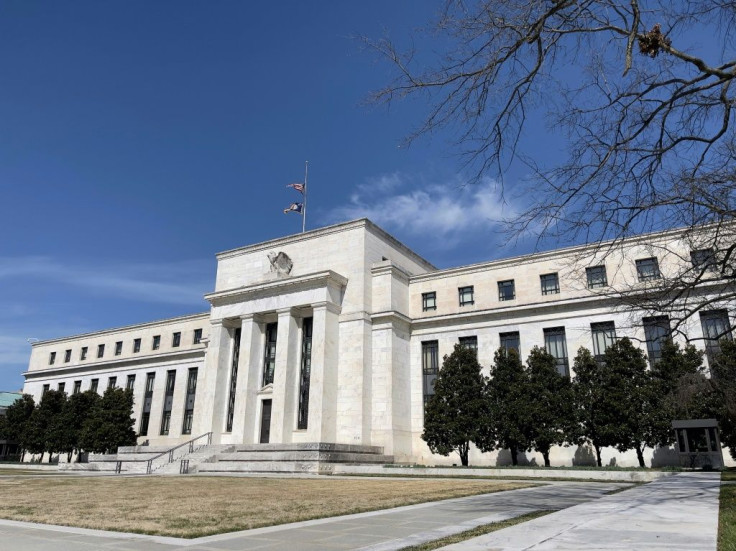Higher Wages Could Increase Inflation
Though wages continue to increase, some economists are concerned it won’t be enough to outpace inflation.
As the economy continues to slowly recover from the COVID-19 pandemic, inflation has also grown, with prices increasing on goods across the board, with more increases expected on food, home, rent and gas prices.
However, with a labor shortage, employers are also offering incentives like higher pay to get workers in the door, CNBC reports. Still, economists fear that an increase in wages would prompt companies to also raise their prices, adding to the inflation fears.
An example of prices increasing if wages increased comes from Chipotle, which announced it would raise menu prices by 4% to offset the cost of their raising minimum wage for workers to $15 an hour.
Average hourly earnings rose 3.6% year to year, but those incremental increases are “unlikely to keep pace as the cost of living rises,” David Weliver, founder of the personal finance site Money Under 30 said.
However, President Biden has stated that he doesn’t feel increased wages should lead to higher prices, stating that there is ample room to raise the pay workers make without raising the prices of goods on consumers.
The concerns also come as there is a bigger push to increase the minimum wage to $15 an hour, which, according to Pew Research, two-thirds of Americans support.
“The benefits in terms of reducing inequality—getting money into peoples’ pockets, stimulating the market, are very well-proven,” Till von Watcher, professor of economics and director of the California Policy Lab at the University of California Los Angeles told NBC.
“The best evidence is that judiciously set minimum wages make a lot of sense. They raise earnings, reduce individual and family poverty, and have no measurable negative effects on employment,” said David Autor, an economics professor at MIT and co-chair of the MIT Task Force on the Work of the Future, also added.
CNBC reported in June that the expectation is that inflation will be at 4% in 2022, a new high for one-year inflation. The Federal Reserve Bank of New York also expects that it will be at 3.6% for 2024, the highest mark since August 2013.

© Copyright IBTimes 2025. All rights reserved.





















